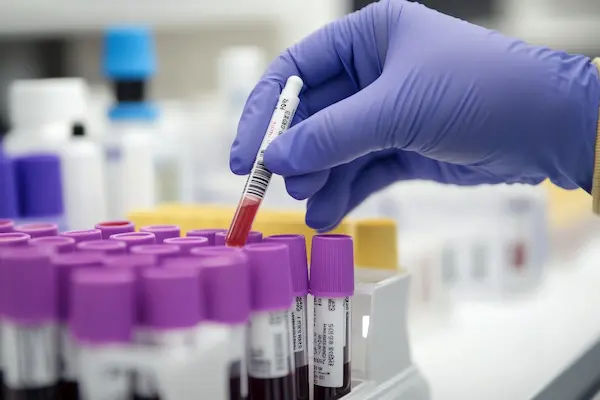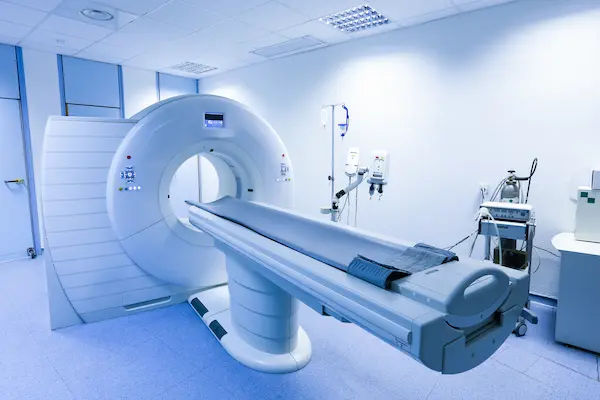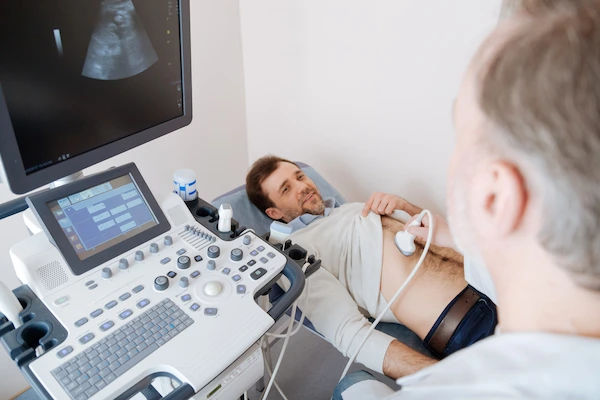Abdominal Ultrasound: Overview of Uses and Procedure
Learn about abdominal ultrasounds, a safe and painless imaging test. Discover its common uses for diagnosing conditions and what to expect during the procedure.

Written by Dr. Siri Nallapu
Reviewed by Dr. Dhankecha Mayank Dineshbhai MBBS
Last updated on 29th Aug, 2025

If your doctor has recommended an abdominal ultrasound, you might have questions about what it is, why it’s needed, and what to expect. Don’t worry—this simple, painless test helps doctors see inside your abdomen (belly) to check for any health issues. Let’s break it down in an easy to understand way.
What is an Abdominal Ultrasound?
An abdominal ultrasound is a safe, noninvasive imaging test that uses sound waves to create pictures of the organs inside your abdomen. Unlike Xrays or CT scans, it doesn’t use radiation, making it a preferred choice for many patients, including pregnant women.
Why is it Done?
Doctors recommend an abdominal ultrasound to:
- Check for problems in organs like the liver, gallbladder, kidneys, pancreas, spleen, and bladder.
- Detects tumors, cysts, or abnormal growths.
- Look for gallstones, kidney stones, or blockages.
- Examine blood flow in abdominal blood vessels.
- Guide doctors during procedures like biopsies.
- Monitor pregnancy (though a different type of ultrasound is used for the baby).
What Happens During the Procedure?
An abdominal ultrasound is quick, painless, and usually takes 15–30 minutes. Here’s what you can expect:
Consult an Gastroenterologist
Before the Test
- Fasting: You may need to avoid eating or drinking (except water) for 6–8 hours before the test, especially if your gallbladder or liver is being examined.
- Full Bladder: For some scans (like pelvic ultrasounds), you may be asked to drink water and hold your urine to get clearer images.
- Wear comfortable clothing: You might need to change into a hospital gown.
During the Test
1. You’ll lie on an exam table, and a technician (sonographer) will apply a clear gel on your abdomen.
2. A small handheld device called a transducer is moved over your belly, sending sound waves that create images on a screen.
3. You may be asked to hold your breath briefly for clearer pictures.
4. The gel is wiped off after the scan, and you can resume normal activities immediately.
After the Test
- No recovery time is needed—you can eat, drive, and go back to your routine right away.
- radiologist will review the images and send a report to your doctor, who will discuss the results with you.
Does It Hurt? Any Risks?
- No pain! You might feel slight pressure from the transducer, but it’s generally very comfortable.
- No radiation or side effects, making it safe for all ages, including babies and pregnant women.
How to Prepare for Better Results?
- Follow your doctor’s instructions about fasting or drinking water.
- Inform the technician if you’ve had previous ultrasounds or surgeries.
- Wear loose, comfortable clothing for easy access.
When Should You Get an Abdominal Ultrasound?
Your doctor may suggest this test if you have symptoms like:
- Persistent abdominal pain or swellingH
- Unexplained nausea or vomiting
- Jaundice (yellow skin/eyes)
- Frequent urination or blood in urine
- Unexplained weight loss
Next Steps: Booking Your Ultrasound
If your doctor has recommended an abdominal ultrasound, you can easily schedule one at Apollo 24|7. It’s a quick, hasslefree process with expert radiologists to ensure accurate results.
Call Apollo 24|7 or book online for a smooth and comfortable experience!
Final Thoughts
An abdominal ultrasound is a simple, safe, and effective way to check your internal organs without any discomfort. If you have concerns about abdominal pain or other symptoms, talk to your doctor—early detection can make a big difference in treatment.
Stay informed, stay healthy!
Consult an Gastroenterologist
Consult an Gastroenterologist

Dr Rohit Sureka
Gastroenterology/gi Medicine Specialist
15 Years • MBBS, DNB General Medicine, DNB Gastroenterology
Jaipur
Apollo 247 virtual - Rajasthan, Jaipur

Dr. Umakanth Eskala
Gastroenterology/gi Medicine Specialist
16 Years • DM (GASTRO)
Visakhapatnam
Apollo 24|7 Clinic - Andhra Pradesh, Visakhapatnam

Dr Harish K C
Gastroenterology/gi Medicine Specialist
15 Years • MBBS MD DM MRCP(UK) (SCE-Gastroenterology and Hepatology)
Bangalore
Manipal Hospital, Bangalore

Dr. Paramesh K N
Gastroenterology/gi Medicine Specialist
16 Years • MBBS, MS ( General Surgery), DNB ( Surgical Gastroenterology)
Hyderabad
Sprint Diagnostics Centre, Hyderabad
Dr. Vijay Rai
Gastroenterology/gi Medicine Specialist
19 Years • MBBS,MD General Medicine,MD GASTROENTOLOGY
Kolkata
Livgastro, Kolkata
Consult an Gastroenterologist

Dr Rohit Sureka
Gastroenterology/gi Medicine Specialist
15 Years • MBBS, DNB General Medicine, DNB Gastroenterology
Jaipur
Apollo 247 virtual - Rajasthan, Jaipur

Dr. Umakanth Eskala
Gastroenterology/gi Medicine Specialist
16 Years • DM (GASTRO)
Visakhapatnam
Apollo 24|7 Clinic - Andhra Pradesh, Visakhapatnam

Dr Harish K C
Gastroenterology/gi Medicine Specialist
15 Years • MBBS MD DM MRCP(UK) (SCE-Gastroenterology and Hepatology)
Bangalore
Manipal Hospital, Bangalore

Dr. Paramesh K N
Gastroenterology/gi Medicine Specialist
16 Years • MBBS, MS ( General Surgery), DNB ( Surgical Gastroenterology)
Hyderabad
Sprint Diagnostics Centre, Hyderabad
Dr. Vijay Rai
Gastroenterology/gi Medicine Specialist
19 Years • MBBS,MD General Medicine,MD GASTROENTOLOGY
Kolkata
Livgastro, Kolkata



.webp)
